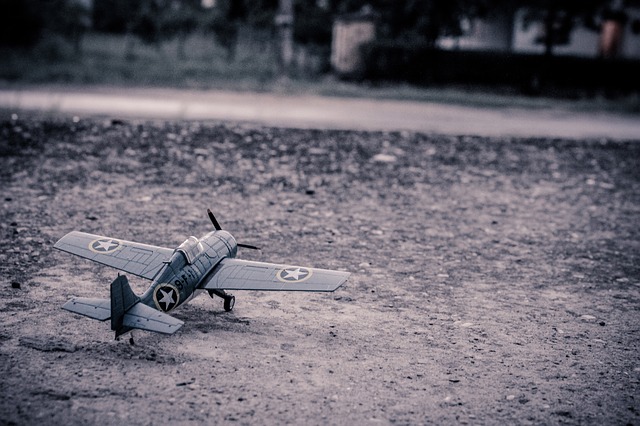A new study found that most soldiers who attempt suicide have not even been deployed yet.
According to the data gathered from 163,000 men and women in the Army, 61% of those that tried to take their own lives had not been deployed. The highest risk period was two month after starting military service, reports NBC News.
The study suggests that it might be the time of transition, rather than the actual combat and training strain, that stresses soldiers the most. Two months into joining the service means soldiers have just finishing basic training.
Dr. Robert Ursano of the Uniformed Services University of the Health Sciences in Bethesda, Maryland, who led the study, says, “They are transitioning out of training and into regular service.”
This data does not coincide with information garnered on completed suicides, which military psychiatrists need to better understand since suicide rates among US service members that have increased and hit record highs in recent years.
Ursano and his colleagues studied administrative records from 2004 to 2009, meaning their findings only documented suicide attempts that were reported. But the time frame when suicides began skyrocketing among military members matches this.
Ursano’s team wrote,
We found the highest rates of suicide attempts were among never-deployed soldiers and those in their first years of service.
Six months after deployment is when soldiers often get their first break. “That six-month time is usually the time most soldiers are taking a visit home,” Ursano says. “They are transitioning home and back again.”
It’s unclear why suicide attempts, compared to completed suicides, go up during this time. Other researches have shown that the risk for completed suicide has little to do with combat experience.
There are psychological differences between thinking about suicide and actually committing it. “Each of those has its own individual set of predictors and, perhaps, biological underpinnings,” Ursano says. He adds that it could also have something to do with different types of stress. “The idea that transitions are stressful is well-documented. You’re more vulnerable not only to mental illness, but to physical illness. You are more likely to get colds. You are more likely to get infections.”
These studies are being conducted to help physicians, therapists and military leaders better understand what is going on among their personnel. The hope is to come up with effective preventive solutions.
Suicide is the 10th leading cause of death overall. In 2012, suicides among military personnel hit a record when over 349 men and women took their own lives across four branches of the Armed Forces. That number has since decreased. The Pentagon was been working to address this issue. There is a crisis line for active-duty servicemen and women, and their family members to call: 1-800-273-8255.
The study has been published in the Journal of the American Medical Association’s JAMA Psychiatry.
























